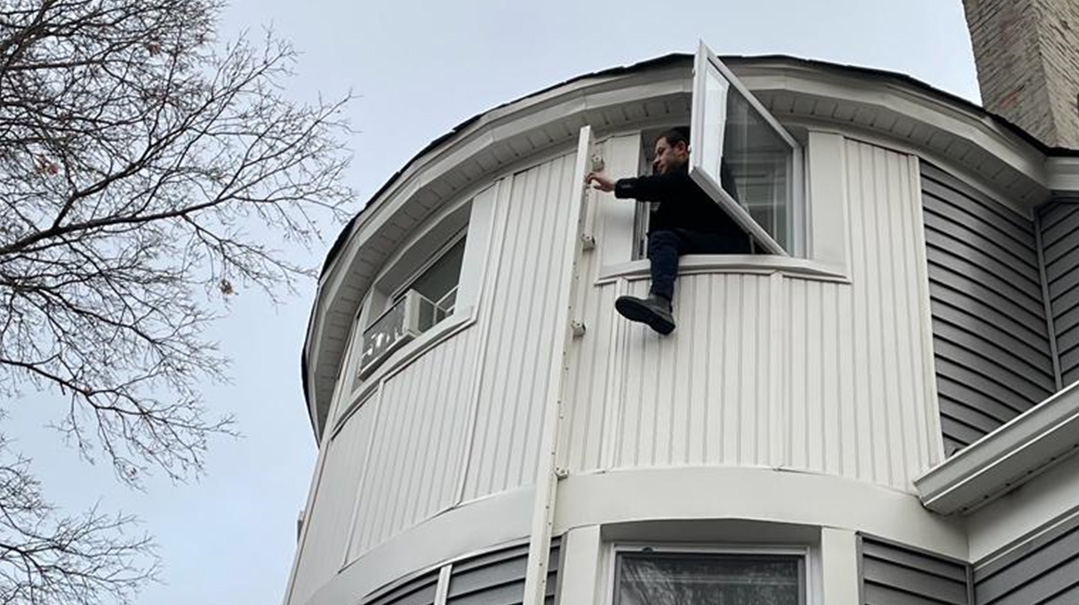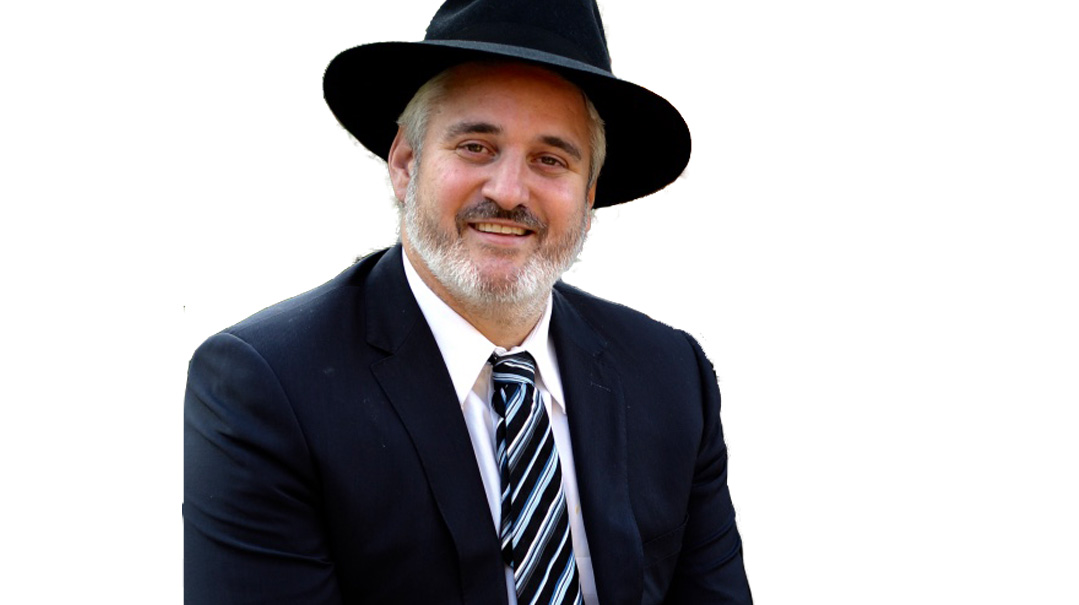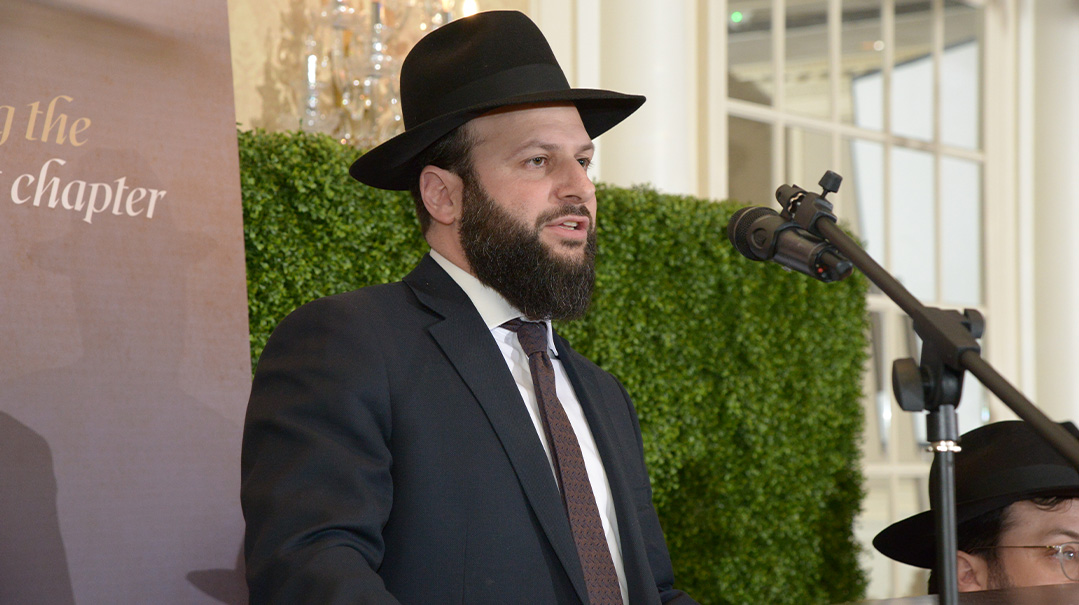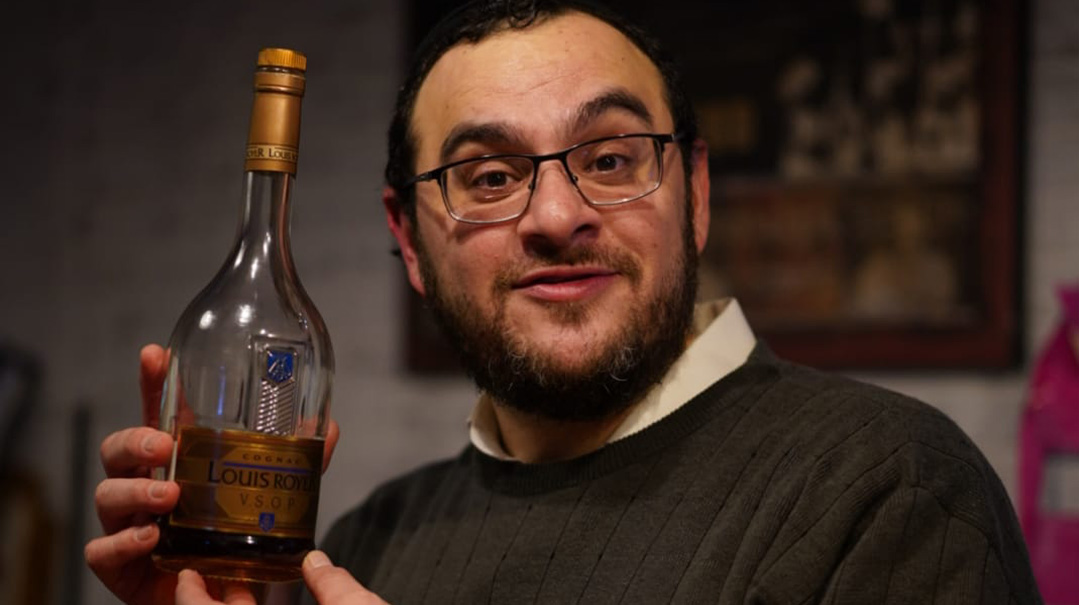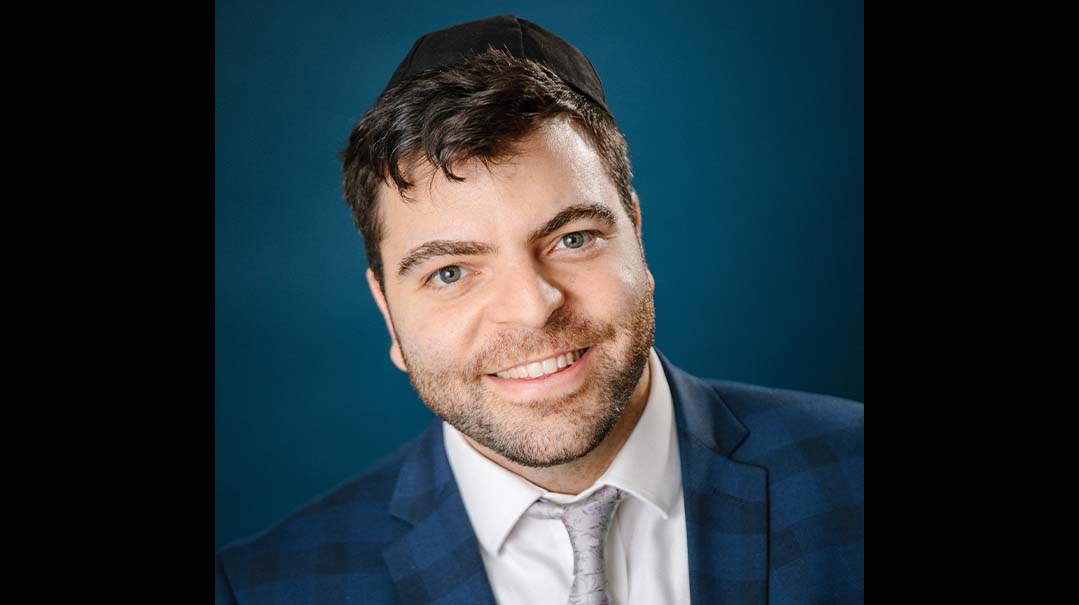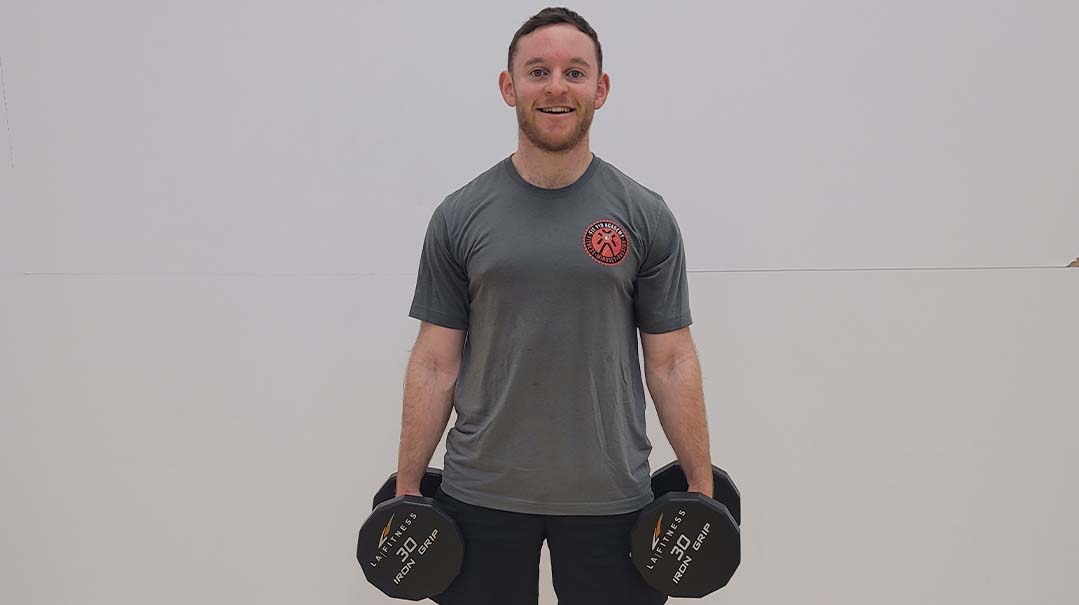Have Song, Stay Strong

Rabbi Jake Czuper, a Jewish educator and singer-songwriter/entertainer, recently released his third album. He’s based in Atlanta, Georgia
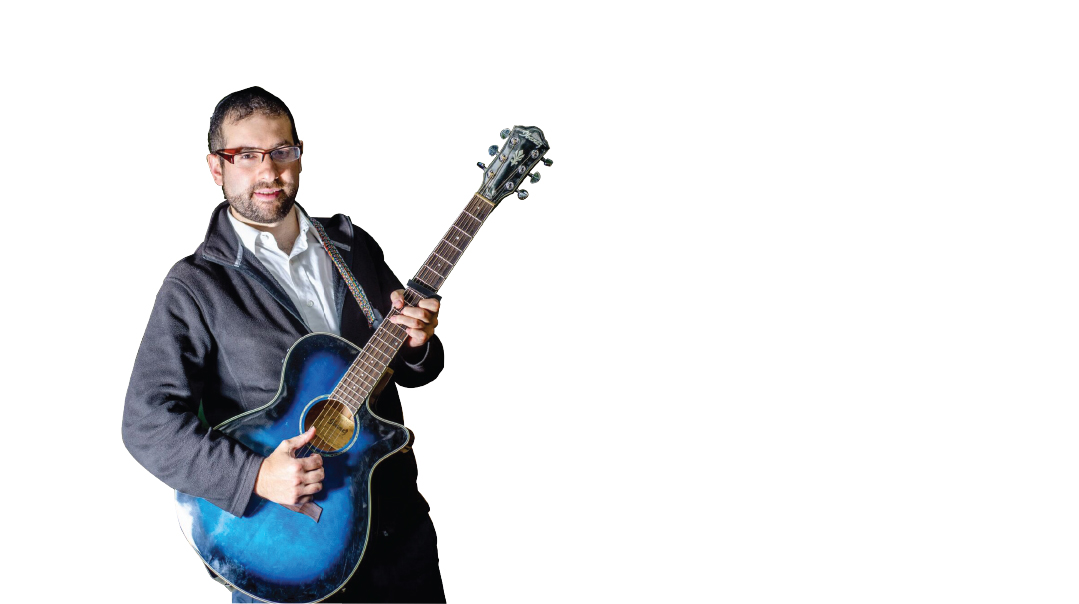
1. How did you make the leap from mechanech to songwriter and concerts and album producer?
I taught high school boys for several years, and that time showed me how a yeshivah student could be completely fluent in Torah and mitzvos yet lack a personal relationship with Hashem and love for Yiddishkeit, unfortunately. I decided to create upbeat, original Jewish music for kids that stresses gratitude, simchah, emunah, and the awesomeness of Hashem. After playing a few local children’s concerts in Atlanta, I noticed that the children went wild over the songs and interactive concert experience. Based on the feedback I got from parents and educators, I realized the greatest time to teach kids is while they’re already having an amazing time, which is why an interactive concert is the perfect setting for teaching hashkafah. The next step was an album, because an engaging album is also a great teaching tool.
2. What technical challenges did you face along the way?
While I had a guitar, a keyboard, great songs, and concert success, I realized I had no connections in the Jewish music scene and no idea how to make an album. I davened that Hashem should connect me to the right producer. Soon after, Hashem answered my tefillos — I came across the name of a producer on my son’s Middos Man book. I sent Hillel Kapnick my demo, and he loved the material and was excited to help me out. Since then, he’s been on board with all of my albums, and I love working with him — he’s an amazing musician, producer, and most important, a real mensch.
3. What’s your favorite song?
That’s hard to answer, but “Roar Like a Lion” is definitely one of my favorites. It’s a catchy children’s song about being proud to do mitzvos. I end all my concerts with it, it really pumps the kids up, and I also like the verses because they work well: “There once was a boy named Tani / Who woke up singing Modeh Ani / He got out of bed like the Shulchan Aruch said / ‘Yisgaber ka’ari.’ ”
4. When is your busy season?
In the summer I do a lot of local camps and I travel up to New York, New Jersey, and beyond. Holiday seasons like Chol Hamoed of Succos and Pesach, Chanukah, Purim, and Rosh Chodesh are always busy, and I perform regularly at simchahs throughout the year. I’ve played all over the US — as far out as L.A., Dallas, Minnesota, Alabama, North Carolina — and in Canada. I’ll never forget the trip I took to Israel with teens, sitting with a guitar in the Kabbalah Cave in Tzfat, singing “Tov Lehodos Lashem.” It’s called the Kabbalah Cave because Kabbalah’s been studied there for hundreds of years, and it has incredible acoustics.
5. What equipment do you always have on you?
My guitar, of course, but also individually wrapped jelly beans, a bubble machine, LED lighting, glow sticks, and an orange performing shirt. It’s not just the music, the point is to give children the most amazing experience. My song “Jolly Jelly Bean” is a crowd favorite that teaches kids about simchah, and I just happen to throw out jelly beans when I sing it. When I’m on tour, TSA agents often question me about the large amounts of jelly beans I have in my carry-on! That and my concert banner-stand suitcase, which is made of many plastic pipes…
6. What’s the best feedback you’ve ever gotten?
After working for several years with teens, both in the classroom and running programs — shabbatons, the annual Israel trip, other positive Jewish experiences — I decided to produce Tzidkiyahu, an album with songs aimed at teens and adults. Tzidkiyahu Yaakov is my Hebrew name, and the songs on the album are fresh, catchy, and filled with inspiring messages that the teens and young adults I regularly teach really relate to. A fan recently wrote, “Your music has actually brought me closer to Hashem. It helps me to stay positive, more caring, and to have more courage.” This is exactly why I devote so much time and energy to producing music. Music is something way beyond entertainment — it can educate, inspire, heal, and connect people to Hashem — and this feedback was so rewarding, because I could see he understood that.
7. How do you come up with ideas and topics for songs?
For the kid songs, I take messages that are most relevant in Yiddishkeit and teach through the song. What I found over my years in chinuch is that the most relevant themes have to do with emunah, joy, gratitude, Jewish pride, and excitement for mitzvos. Kids’ music is actually harder for me to write because for the adult music, I use meaningful pesukim and lines from the siddur and create tunes, but when it comes to kids’ songs, I try to take divrei Chazal and compact the message for kids, which takes a lot more creativity and effort.
8. What’s next on the agenda?
My wife, Chani, and I also started separate choirs, the Atlanta Jewish Boys Choir and the Atlanta Jewish Girls Choir, last October, because we saw that during the concerts, whenever I called up kids to the stage, it really built them up, so why not make that its own program? It’s become really popular and we actually recorded music videos, which is loads of fun.
9. Who was your most memorable audience?
In February, the Atlanta Jewish Boys choir did an event in a theater in Georgia Tech. Anne Frank’s stepsister, Dr. Eva Schloss, spoke, there were survivors in the audiences, and our choir opened up the event. Leading the boys in “Ani Maamin” and “We Are a Miracle,” and hearing a thousand people in the audience singing and clapping to “Am Yisrael Chai,” was electrifying; it was definitely a highlight for me.
10. Any good near-fiasco stories?
Once when I was in the middle of singing my “Gam Zu Letovah” song, the music got cut off. I joked with the crowd, “Hey look, gam zu l’tovah,” and then the music kicked back in. Another great story about that song — a family was driving on the highway, when they heard a loud noise as their tire blew out. The parents were concerned their children would be traumatized, but they noticed the kids were calm — and then they heard them singing my “Gam Zu Letovah” song, which they’d been listening to throughout the trip. Before the parents could say anything, the children told them that everything Hashem does is for the best. The father told me how my album taught his kids emunah in a very real way.
(Originally featured in Mishpacha, Issue 774)
Oops! We could not locate your form.

